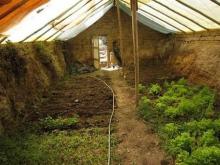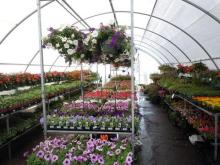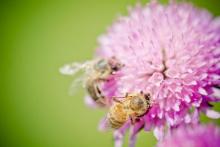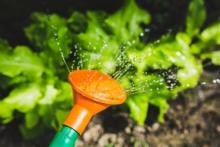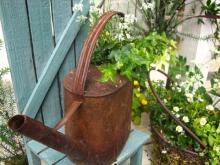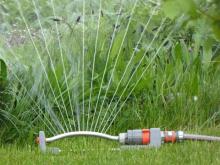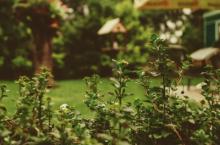Why You Need A Walipini
Pretty much all of us have probably heard of greenhouses. One of their main uses is to shelter plants that require regulated climatic conditions, or if you’re like my neighbors, they can be utilized to keep goats warm in the winter.

